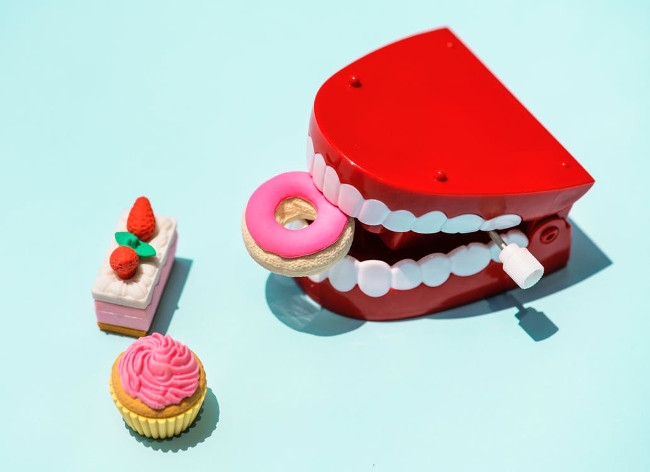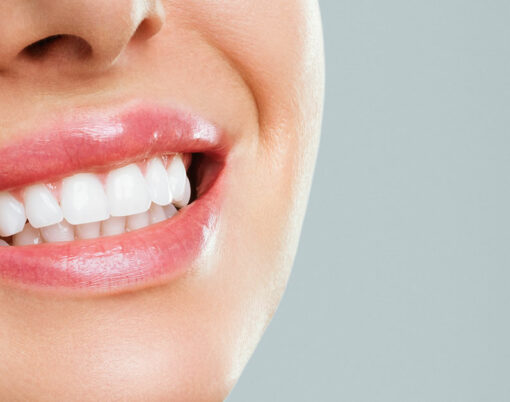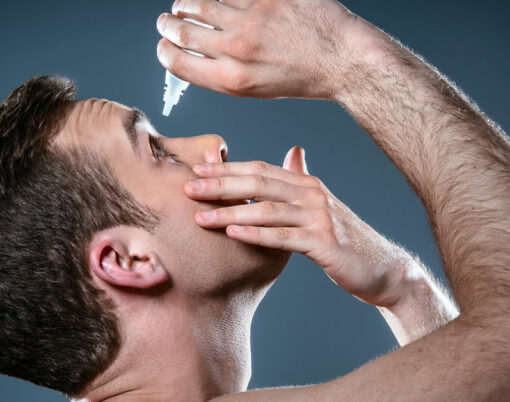Going to the dentist is not something you’re likely to see at the top of anyone’s list of favourite pastimes, but it’s a necessary evil we all have to endure. When a dental emergency occurs, it’s important that you get the professional help you need as soon as possible, not only to secure your general health, but to get fast relief from the pain that often comes with such issues.
If you’ve experienced sudden oral damage that causes discomfort during eating or drinking, or if you’ve experienced injury to your jaw, teeth, gums, palate or inner cheeks, this means you’re experiencing a dental emergency, and going without treatment could cause more damage to your teeth.
Many people who find themselves requiring emergency dental surgery or who simply have tooth ache out of hours are unaware of the best action to take or who to call. This guide, by the experts at Ten Dental – an emergency dentist in London which provides a range of treatments when you most need them – will give you the low down and explain who you need to call in a dental emergency.

What causes a dental emergency and how do I prevent them?
There are many different causes of dental emergencies. Although some can be occur accidentally while playing sport or through falling over, most of the time our dental emergencies are issues that can be prevented, or at least reduced, by making sure that our oral hygiene is impeccable.
This means regularly brushing your teeth twice a day and flossing to ensure that plaque and bacteria are unable to build up in the gums, preventing the requirement of the likes of fillings or root canals. Most of the time, dental injuries occur due to a bacterial infection, trauma, diseases like diabetes, or simply poor oral hygiene habits – so if you stay one step ahead of the game and look after your overall health, then such issues will be kept to a minimum.
Types of dental emergencies you may experience
It’s important to know whether your dental issue is in fact an emergency – or rather just a simple tooth issue that does not require immediate care. Dental emergencies can come in many shapes and sizes, with the decision to call for help often based on the differing pain thresholds of each individual. Although you may be able to handle the pain, leaving your oral issues untreated can lead to further damage, so it’s important that you’re able to differentiate between the two. To make life easier, here’s a quick rundown of what exactly equates to a dental emergency:
– Broken teeth or tooth loss
– Ulceration and bleeding gums
– Oral Abscesses
– Inflamed dental pulp
– Infected wisdom teeth or cysts
– Inflammation of the temporomandibular joint.
– Other symptoms of these issues can also include nausea and headaches, as well as swelling.

What dental treatments are available in an emergency?
All of your dental emergencies will be treated on a case-by-case basis with the relevant treatment decided upon after considering the pain the patient is in and the immediacy of the emergency. Dentists at Ten Dental can provide emergency root canal services if the pain is too much, as well as cover broken teeth with composite fillings and other cleaning treatments. There’s no need to suffer until an appointment becomes available.
If you’re in pain or suffering from any of these issues, then don’t ignore them – it’s better to act quickly in order to minimise pain, downtime and the level of treatment required. Call the dentist for assistance and be ready to take their advice, and you’ll never have to stress about a dental emergency again.






















